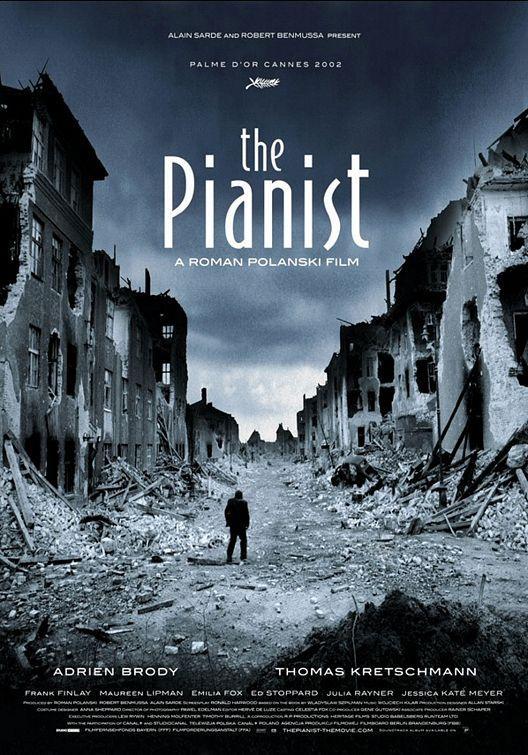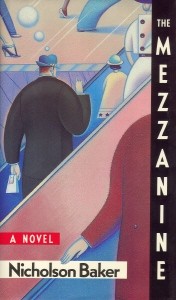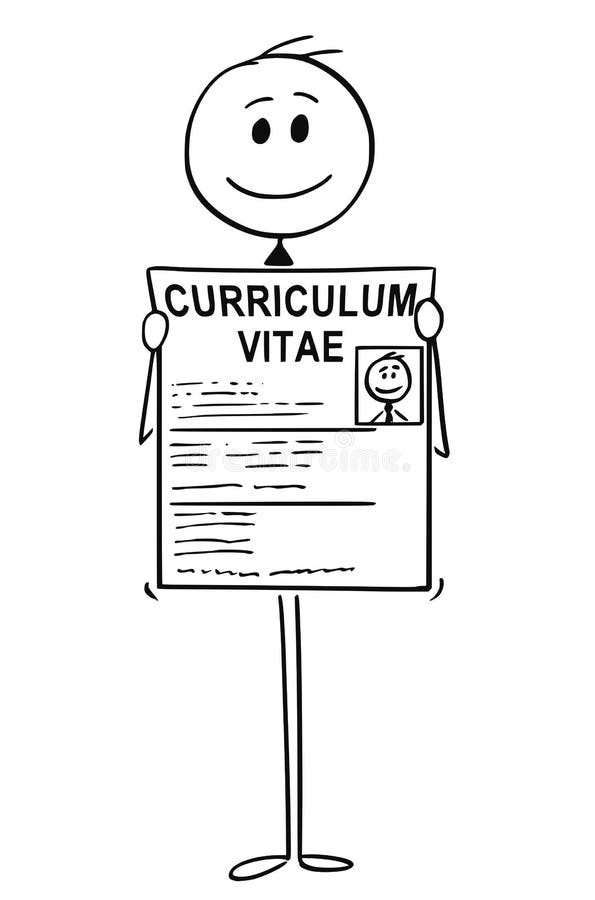Five years ago, in 2015, I took out the dizziness of choosing a stream after class X as an essay:
Science or Commerce? But, I ended up choosing law after class XII for which the stream I chose in class X didn't matter one bit, and neither was the physics that I studied through two years of junior college (fancy name for class XI and XII).
Now, I am near the end of third year and have two more years left to wrap up college. Yet, it is probably good to start thinking about what I want to do. No clue. The one thing that I have retained from schooldays till now is to change and fancy a different idea every day. I study law, and I really like it. It is one of the most interesting fields, and I am happy to be studying this subject that shall be relevant and necessary as long as humans continue to exist.
Unlike back at the time of Class X, where everybody had an opinion to share, people don't really have much to say now. Looks like they bully only teenage kids, I escaped that zone. So, here are a couple of options for me-
One, I can choose litigation after graduation- that would basically be underpaid slogging for a couple of years at the most happening area and scenes in law.
Two, I can join a law firm. Pay scale depends on which firm. If the pay scale is good, I don't know if I am good enough for them to take me in (haha, we need scores buddy, and you got to be there right on top, since when have 'good' scores ever been good enough?) If it's a firm that is going to definitely be glad to have me in, I'm not really sure about the money part.
Three, I can postpone this whole decision and just study further. LLM is a ready option, and then I can go on studying till I have finally found out what I can do. But, I still haven't given up those hopes on Criminology and Forensic Sciences as a niche within the domain of law (hehe, Perry Mason influence is becoming actionable this time). Again, there are numerous sub questions as to where and how and when, and we won't go into those. Good idea? Bad idea?
Four, I can do something completely unrelated to law. Two sub-questions arise(both from my parents and myself): One, why did I study five years of law then?! Two, what other thing will I do?
Five, I can work on a startup related to the legal field, or otherwise, if I do have ideas. This one's not easy, and not for all of us, I guess. I'm not sure if this is for me. Yet, it is appealing in terms of freedom, creativity and scope of the work I'd be doing in this. Also, the contribution might be very significant.
Six, I can join a social work group related to law. A noble intention but not so much money in it for a young graduate. So, maybe this may not be the immediate choice after graduation.
Seven, I can pursue a hobby to be my profession. But, I don't want to, at least not after graduation. This is not going to be my plan-A. I don't want to write for a living. I want to write everyday, more and more, as something I love doing. Also, I like intense work in a professional way, I think. So, this option has been ruled out by me, personally.
I don't really think I am the type who can exit college with a mastermind plan to open up a physical business, or run a cafe, or anything like that- so such options aren't even options for me by choice. I am attached to academics, and it is something that I get and something that I can be good at, and also something that I really enjoy.
My parents are clear that whatever I do, I should be happy and content (of course, earn some money if possible). And they stand by the advise they gave me through my life and also 5 years ago- "But whatever you choose, do it sincerely and be in the top."
All the options listed are open, and I retain the phrase I used for myself back in class X: someone like me, who is not exactly very interested in one particular thing but likes everything without even disliking any- what should we choose?
Two years left, and I am mulling on ideas. Suddenly, two years doesn't seem a very long time. Let's see, it's not far off!















